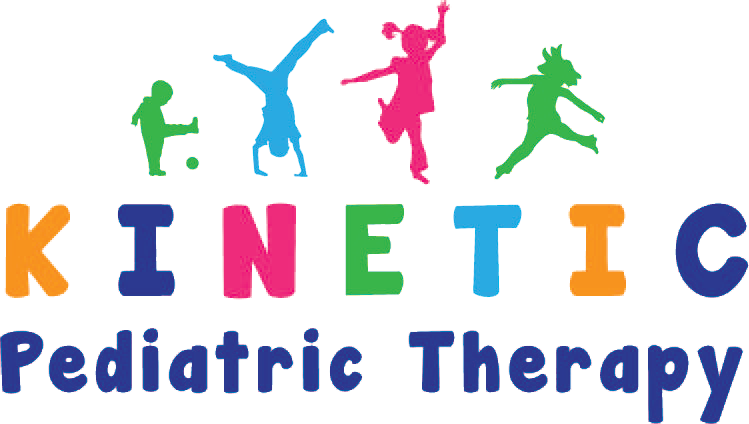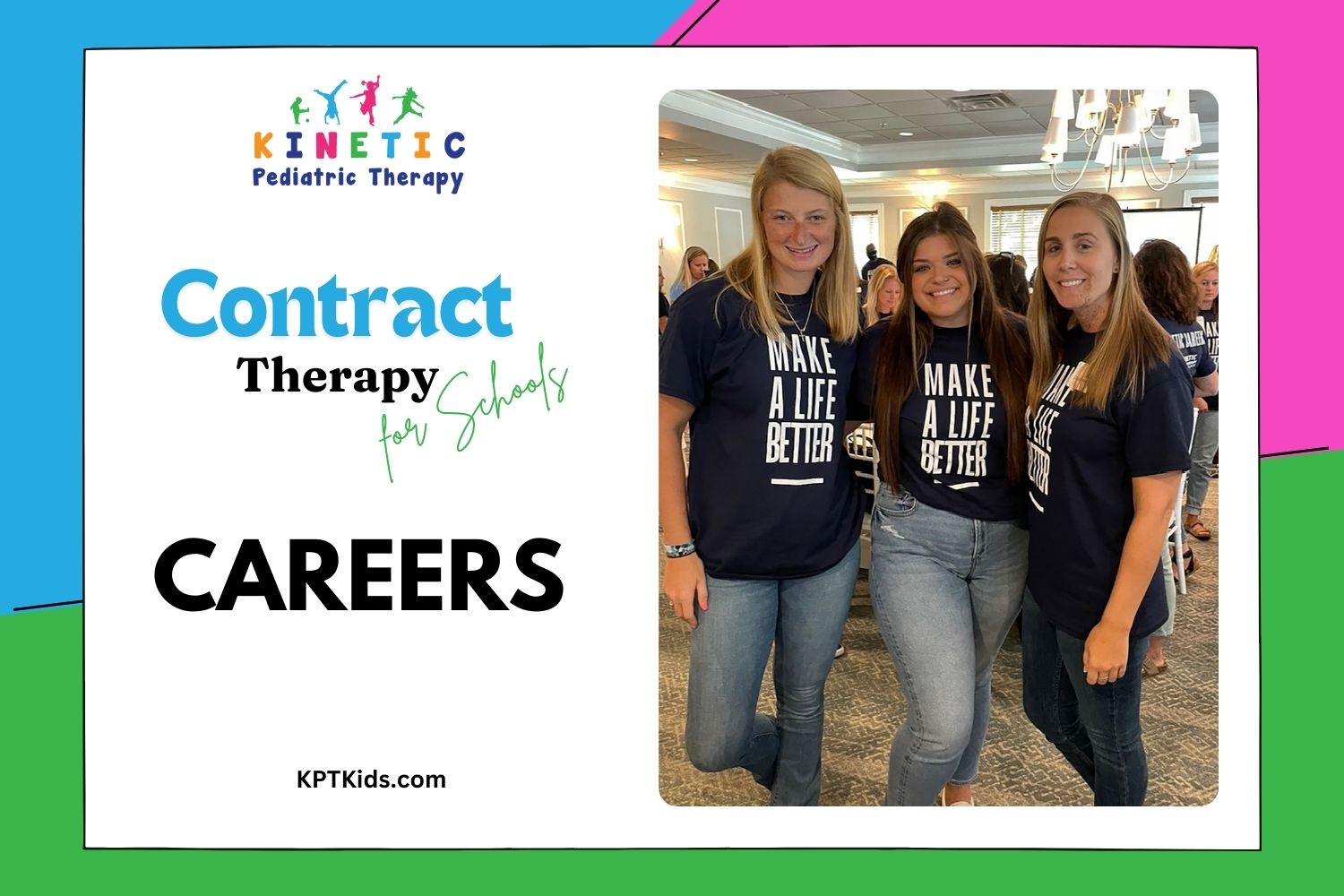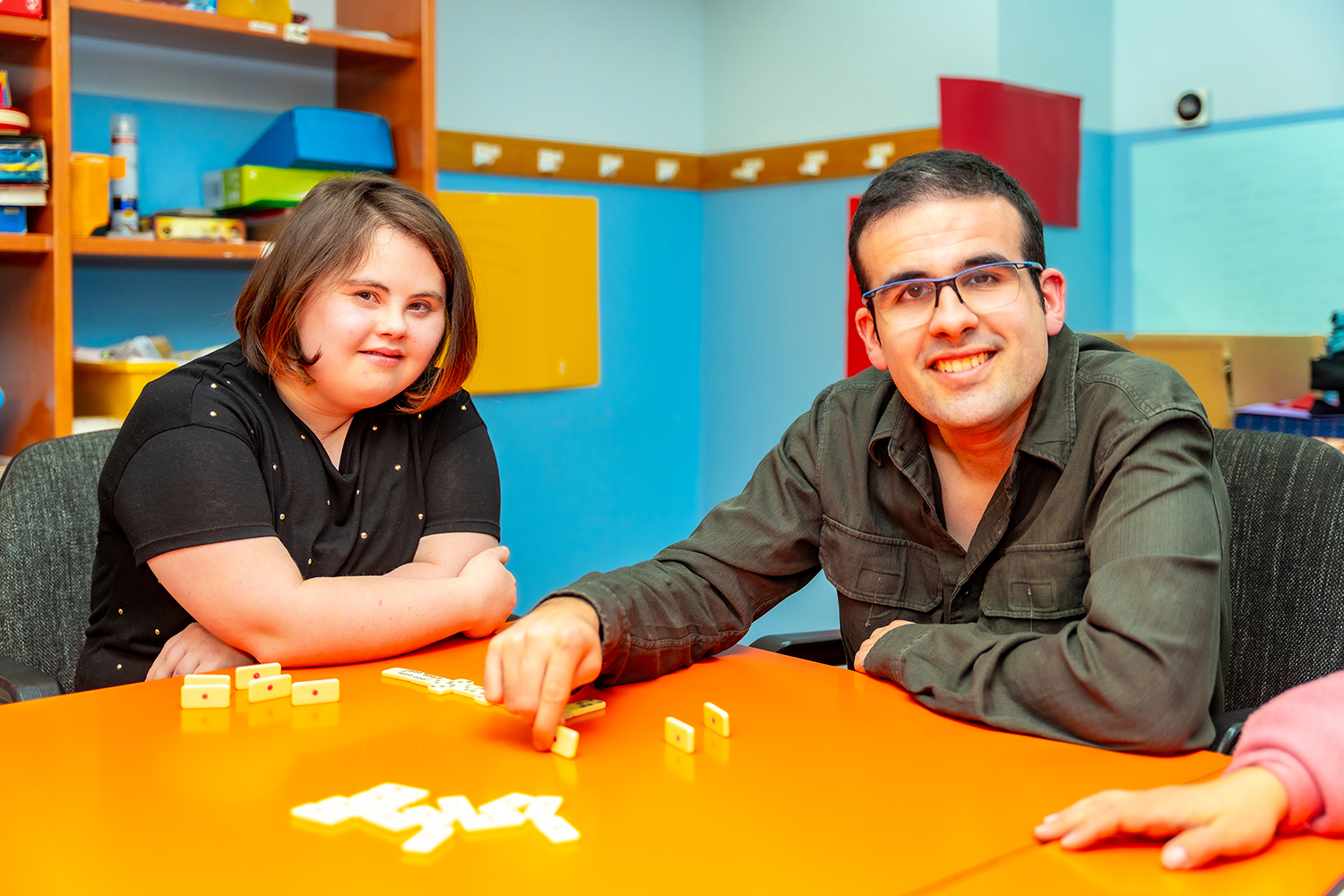
Mentorship Matters
Finding and Building Relationships with Experienced Therapists
In the world of pediatric therapy, mentorship is a powerful tool that can shape a therapist’s career trajectory. Whether you are an aspiring therapist just beginning your journey or an experienced professional looking to grow in your field, finding and building relationships with experienced mentors can offer invaluable guidance, support, and wisdom. At Kinetic Pediatric Contract Therapy, we understand the importance of mentorship and how it helps therapists thrive in their careers and better serve their young clients.
This blog post will guide you through the significance of mentorship, how to find a mentor, and how to foster strong, meaningful relationships with experienced therapists that will help you grow both professionally and personally.
Why Mentorship Matters
Mentorship plays a crucial role in the development of professionals across many fields, and pediatric therapy is no exception. The mentor-mentee relationship is a dynamic, growth-focused partnership that allows both parties to learn and benefit from shared experiences. Here are a few reasons why mentorship is vital:
- Professional Growth
Mentors provide a wealth of knowledge and expertise that only comes with experience. For new therapists, learning from someone who has navigated the complexities of the field is an invaluable resource. Mentors can help you understand clinical approaches, therapy techniques, and best practices that go beyond textbooks.
Through mentorship, you gain insights into the everyday challenges of the profession, receive feedback on your performance, and learn how to apply theory to practice. This kind of real-world advice helps you grow faster and avoid common pitfalls.
- Networking Opportunities
A mentor can open doors to professional opportunities that you might not find on your own. Experienced therapists often have an extensive network of colleagues, administrators, and organizations that they have built relationships with over the years. This network can lead to job opportunities, introductions to influential figures in the field, or invitations to participate in professional events and conferences.
By building a strong relationship with a mentor, you increase your access to opportunities that can advance your career.
- Emotional Support and Encouragement
Therapy, especially in a school setting, can be emotionally taxing. You’re dealing with children with a range of needs, and it can be overwhelming at times. Mentors can offer a source of emotional support, sharing their own experiences with similar challenges and offering encouragement when times get tough. Having someone who understands the complexities of the role and who can offer reassurance can make a huge difference in your resilience and confidence as a therapist.
- Accountability and Guidance
Mentors not only help you set career goals but also hold you accountable for achieving them. They can guide you in mapping out a path for success, whether it’s pursuing advanced certifications, developing new skills, or taking on leadership roles. Mentorship provides a structured way to track your professional development while also offering guidance on the best steps to take next in your career.
How to Find a Mentor in Pediatric Therapy
Finding a mentor doesn’t have to be a daunting task, but it does require effort and intentionality. Here are steps you can take to find a mentor who is aligned with your professional goals:
- Identify Your Goals and Needs
Before seeking a mentor, it’s important to have a clear understanding of what you hope to achieve through mentorship. Are you looking for guidance on clinical skills? Do you want advice on career advancement or professional networking? Or are you seeking emotional support and advice from someone who has navigated similar challenges?
By defining your goals, you can identify mentors who have the experience and expertise to meet your needs.
- Join Professional Associations
One of the easiest ways to find experienced mentors is to join professional organizations related to pediatric therapy. Associations like the American Physical Therapy Association (APTA), American Occupational Therapy Association (AOTA), and American Speech-Language-Hearing Association (ASHA) provide mentorship programs or have networking events where you can connect with experienced professionals.
These organizations also offer conferences, webinars, and workshops where you can meet potential mentors and learn about current trends in the field.
- Attend Conferences and Networking Events
Attending professional conferences and local networking events is another excellent way to meet experienced therapists. These events often feature workshops, presentations, and panel discussions where leaders in the field share their insights. During these gatherings, you’ll have the opportunity to connect with therapists who are passionate about mentoring and helping the next generation of professionals.
If you’re new to networking, start by introducing yourself, asking thoughtful questions, and showing genuine interest in their work. Building rapport is the first step to establishing a mentorship relationship.
- Reach Out to Supervisors and Colleagues
Sometimes, the best mentors are already in your professional circle. If you’re currently working as a therapist, consider reaching out to a supervisor or senior colleague who you admire. Many experienced therapists are eager to mentor younger professionals but may not always initiate the relationship. Take the first step by expressing your interest in learning from them and discussing how they can help you achieve your career goals.
- Leverage Online Platforms
Online platforms like LinkedIn and professional forums offer additional opportunities to connect with mentors. LinkedIn is a particularly useful tool for networking with therapists in your field. You can search for professionals with similar backgrounds, follow their work, and even reach out with a personalized message expressing your interest in mentorship.
There are also specific mentorship programs and groups available online that focus on matching mentors with mentees based on career goals and interests.
Building a Strong Mentorship Relationship
Once you’ve identified a mentor, the next step is to foster a strong, productive relationship. Building this bond requires mutual trust, respect, and a commitment to growth. Here are some tips on how to make the most of your mentorship relationship:
- Be Open to Feedback
A key aspect of mentorship is the feedback you receive from your mentor. This feedback is essential for your growth, but it may not always be easy to hear. Be open to constructive criticism and use it as an opportunity to improve. Remember that your mentor’s goal is to help you succeed, so take their advice seriously and act on it.
- Set Clear Expectations
At the beginning of the mentorship relationship, it’s important to set clear expectations about what you hope to gain from the experience. Discuss how often you will meet, what areas you want to focus on, and how you’ll measure progress. Having clear goals ensures that both you and your mentor are aligned and can track your development over time.
- Be Proactive and Engaged
Mentorship is a two-way street, and it’s important to be an active participant in the relationship. Come prepared to each meeting with questions, updates on your progress, and a willingness to discuss challenges. Showing initiative demonstrates that you are committed to your growth and value your mentor’s time.
- Express Gratitude
Mentors often invest a significant amount of time and energy into helping their mentees. Make sure to express your gratitude for their guidance and support. Whether it’s a simple thank you or a thoughtful note, acknowledging their efforts helps strengthen your relationship and shows that you value their mentorship.
- Stay Connected Long-Term
Even after your formal mentorship period ends, it’s important to stay in touch with your mentor. Continuing to seek advice, share updates on your career, and express appreciation for their help can maintain a lasting professional relationship. Long-term mentors can continue to provide guidance as you progress through different stages of your career.
Mentorship is an invaluable resource for any therapist looking to grow and succeed in their career. By finding and building relationships with experienced mentors, you open yourself up to a world of opportunities for professional development, emotional support, and career advancement. At Kinetic Pediatric Contract Therapy, we encourage all therapists to seek out mentors who can guide them on their journey, helping them become the best therapists they can be for the children they serve.
By investing in a mentorship relationship, you’ll not only enhance your own skills and knowledge but also contribute to the continued growth of the pediatric therapy community. Whether you’re just starting out or looking to advance your career, mentorship matters.
Please Share
Ready to Take the Next Step in Your Career?
If you’re an educational professional looking to take your career to the next level, explore all the Kinetic Pediatric Therapy career opportunities.
We’re looking for candidates who are ready to bring their expertise to our team and strive to provide the very best service to our clients.
We are 100% therapist owned and operated. We offer a family friendly environment that offers not only a challenging and rewarding career but a fun team of colleagues and mentors. School based therapy staff even have an option to choose a 10 or 12 month pay option. All applicants have the opportunity to interview our therapists to learn more about a career with Kinetic. You will find our Glassdoor and Indeed ratings and reviews to be among the best.




